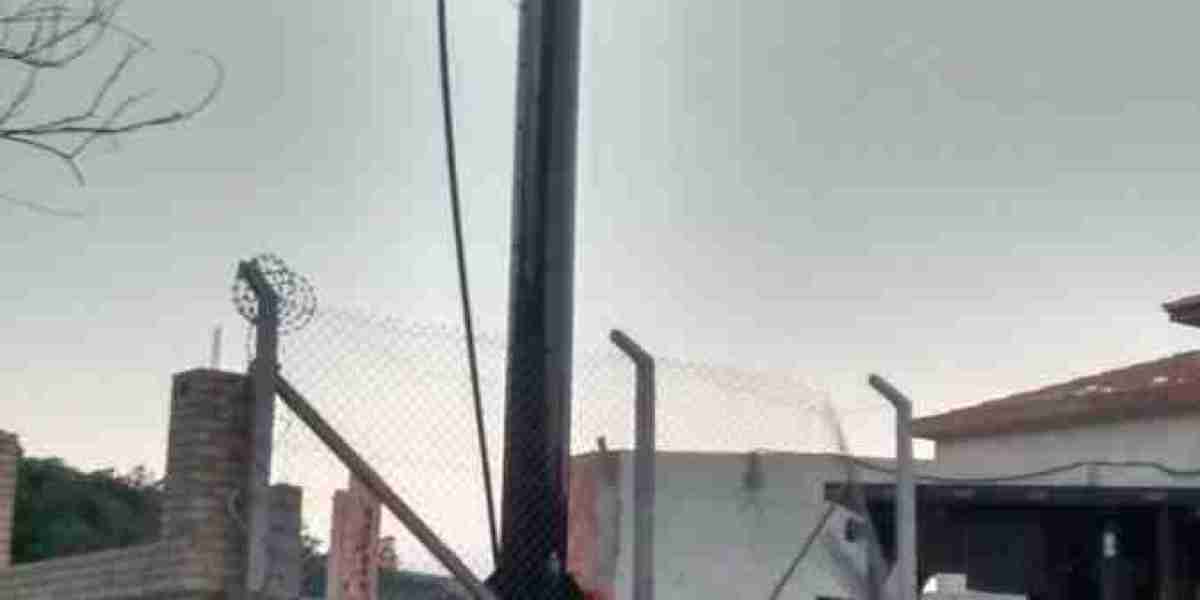The passport booklets include 92,400 50-page (B series) and 20,300 66-page (C series) booklets which arrived in the country on Wednesday evening.
The PS said those who had applied for the 34-page series can upgrade to the 50-page series through the eCitizen portal.“Applicants with pending 34-page passports who have an urgent need to travel are advised to upgrade their applications to the 50-page booklet through the eCitizen portal. No physical visit to Immigration offices is necessary to apply for the upgrade,” Prof Bitok said.
Those with pending applications can also track the progress of their passport applications by sending a text message with their eCitizen application reference code 22222.
The government has also announced that it has procured two passport printing machines, which will be commissioned in April 2024.
The government is also upgrading its facilities to provide a user-friendly environment to accommodate the increasing number of people applying for passports.
The latest announcement comes after Cabinet Secretary for Interior Kithure Kindiki last month took responsibility for inordinate delays in passport issuance and announced a crackdown on “cartels” at Nyayo House.
Prof Kindiki also held a meeting last month with Treasury Cabinet Secretary Njuguna Ndung’u to facilitate the release of funds to the Immigration Department to resolve the passport crisis.
The government’s swift action comes after the Nation ran an exposé titled ‘Broken System’ in January, detailing the challenges Kenyans face in obtaining the vital travel document at Nyayo House in Nairobi.
Long queues are the norm rather than the exception.
And government officials have taken advantage of the breakdown in services to demand bribes.
Passport seekers with deep pockets get the document quickly and without much fuss through a well-connected group operating through the ‘VIP’ application route.
The VIP application centre at Nyayo House is reserved for senior government officials and their families.
The cartel starts with the brokers who hang around the ground floor of the building.
These hordes have built strong networks with immigration officials and clerks.
They act as a conveyor belt, soliciting, receiving and delivering bribes. They then ensure that the passports are prioritised for printing and delivery.


